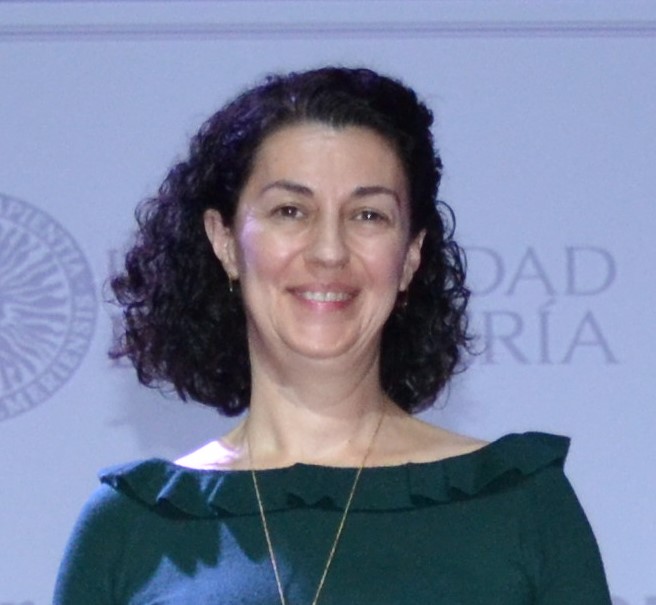Programa
Fecha de celebración: 3-4 de febrero de 2022
Lugar de celebración: Campus de Jerez, Universidad de Cádiz
PROGRAMA DEL ENCUENTRO:
Enlace para descargar los Resumenes de las ponencias en PDF
Conferenciantes invitados:

Cálculo Vectorial en Redes:
En las últimas décadas han surgido los denominados Métodos Miméticos como una metodología que aborda los problemas de contorno de la física-matemática o de la ingeniería modelándolos directamente en un espacio discreto que aproxime en cierta forma el medio continuo, en lugar de discretizar las ecuaciones mediante las técnicas habituales de diferencias finitas, elementos finitos, elementos de volumen o métodos sin malla. Estos métodos se basan en la construcción de un cálculo vectorial en redes (grafos pesados) a través de operadores lineales que juegan el mismo papel que sus miméticos en el continuo.
En esta presentación mostraremos la construcción de un marco mimético, examinando algunas aplicaciones potenciales en el ámbito de la mecánica del medio continuo.


